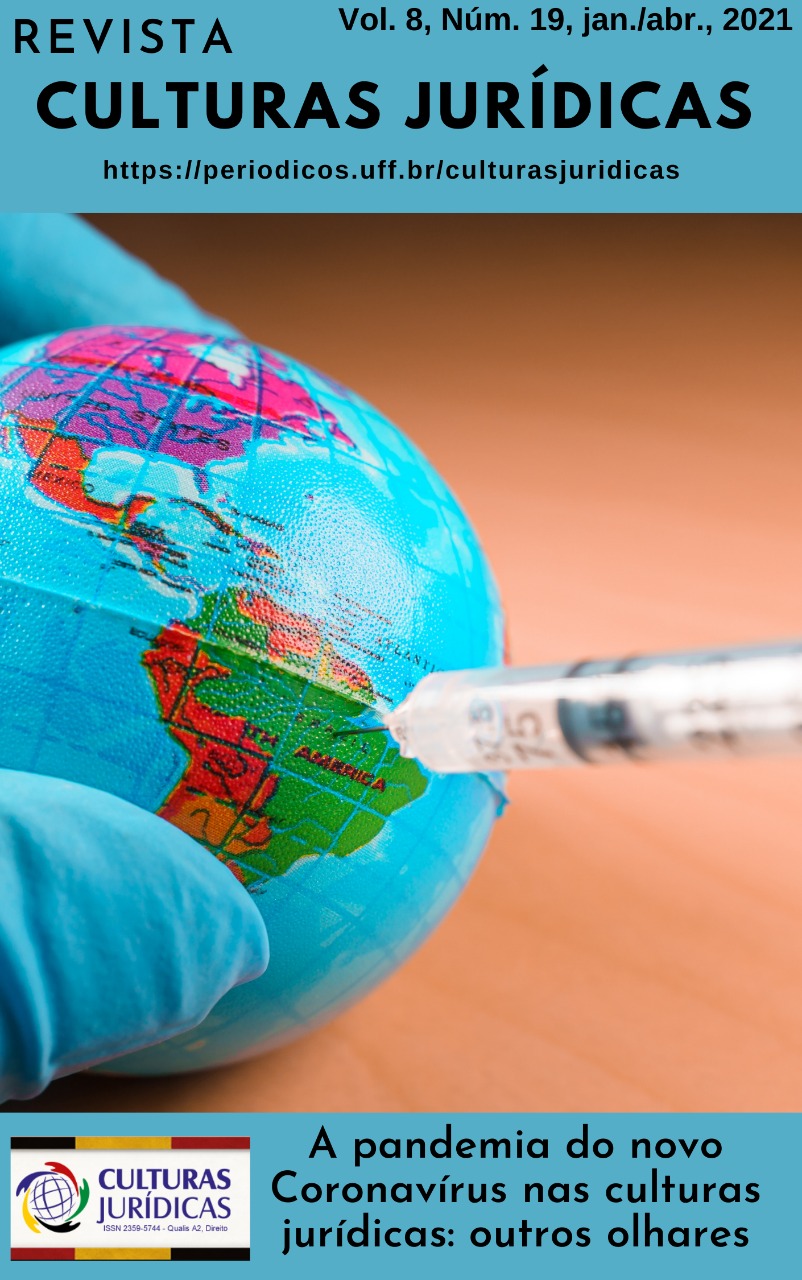A CRIMINOLOGIA SOCIALISTA E A CRÍTICA ANTICARCERÁRIA EM ROBERTO LYRA
(FONTES DA CRIMINOLOGIA CRÍTICA BRASILEIRA)
Resumo
O artigo, resultado parcial de ampla pesquisa sobre as fontes da criminologia crítica brasileira, objetiva contextualizar o pensamento científico (positivista) e político (socialista) de Roberto Lyra e os seus desdobramentos nas ciências criminais. Se com relativa frequência, na historiografia das ciências criminais no Brasil, o estudo de Roberto Lyra é limitado à “disputa entre as Escolas”, sobretudo os temas de enfrentamento e as conciliações com Nélson Hungria sobre as diretrizes do Código Penal de 1940, a investigação percorre outros caminhos para apresentar as linhas mestras da sua criminologia socialista (fundamentos e postulados). A partir da configuração de um direito penal científico local, procuramos identificar o estatuto da criminologia em Roberto Lyra, sua forma de conceituar crime e a ênfase de seus estudos nas relações entre delito e desigualdade material. A hipótese é a de que, mesmo inserido em uma matriz positivista, Roberto Lyra assume uma posição contra-hegemônica, distinta dos demais criminólogos positivistas da primeira metade do século passado, sobretudo pela forma de abordar a questão social (macrocriminologia) e a contundente (e inédita) crítica anticarcerária. Em conclusão, apontamos como o indisciplinado positivismo humanista e de esquerda de Roberto Lyra constitui um dos principais legados à criminologia crítica brasileira.





